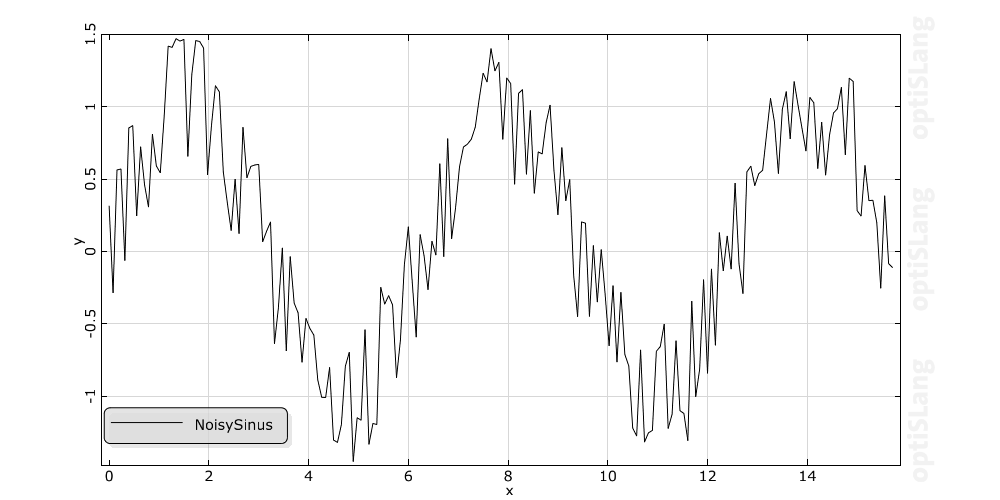Performs the n-th order Bessel filter on the signal S and can be used to remove high frequency noise. A detailed description of the expected arguments is:
S, the data which shall be filtered,
w, the desired cutoff frequency (if the filter type ft is LOWPASS or HIGHPASS w must be a scalar between 0 and 0.5/T and if the filter type is BANDPASS or BANDSTOP the filter expects a 2-dimensional vector with lower cutoff FL and upper cutoff FU with 0 < FL < FU < 0.5/T), where T is the smallest time between two samples of S,
n, the order of the filter,
ft, the filter type,
it, the interpolation type (used if S is not equally spaced),
dstart and dend, the start and end slope for the interpolation (see function interpolate() for more information)
c0 and cE, the specified pre-charging method (ZERO means a pre-charging with zeros and CONSTANT a pre-charging with the first data point)
b, a boolean value which specifies how the filter shall be performed (if b is set to TRUE, S will be filtered first forward and afterwards backward, else it will only be filtered forward).



Syntax
besselFilter(S,w,n,ft,it,dstart,dend,c0,cE,b)
Types
| Variable Name | Value Type | Variable Type | ||
|---|---|---|---|---|
| Arguments: | S | real | signal, xy-data | |
| w | real | scalar, vector | ||
| n | real | scalar | ||
| ft | FilterType | LOWPASS, HIGHPASS, BANDPASS, BANDSTOP | ||
| it | InterpolationType | LINEAR, QUAD, SPLINE | ||
| dstart | real | scalar | ||
| dend | real | scalar | ||
| c0 | ConditionType | ZERO, CONSTANT | ||
| cE | ConditionType | ZERO, CONSTANT | ||
| b | bool | boolean | ||
| Result: | real | signal, xydata | ||
Calculator Input
Use the button to complete the operation.


